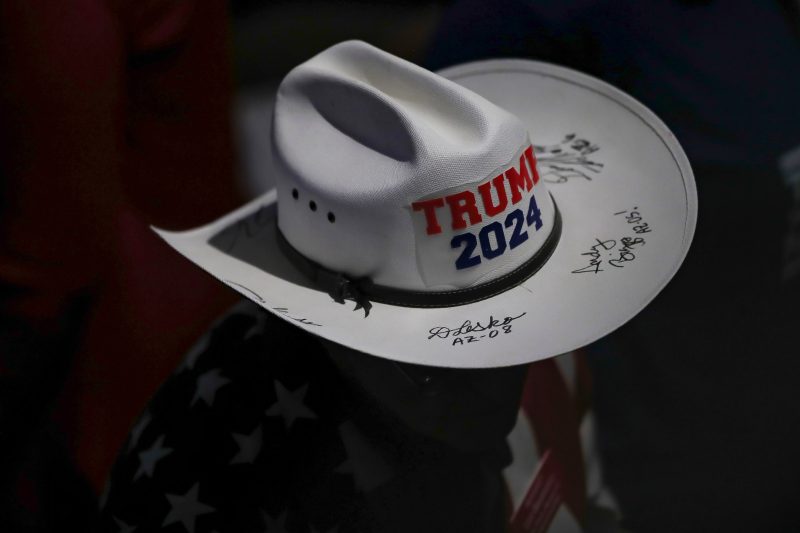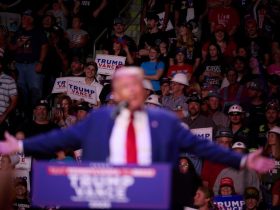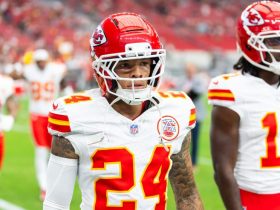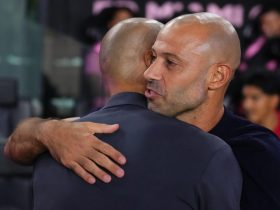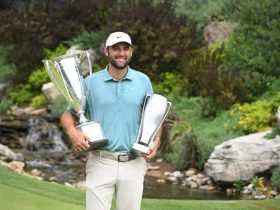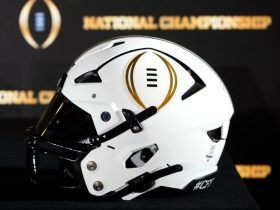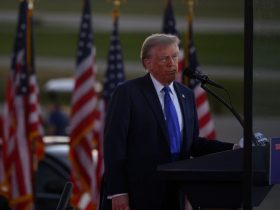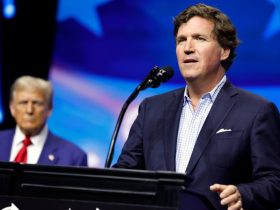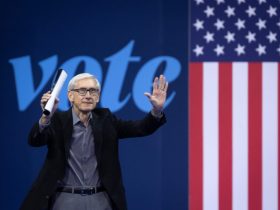PHOENIX — An Arizona grand jury that indicted 18 Donald Trump allies this spring for their role in efforts to overturn the 2020 election had expressed interest in possible charges against the former president, according to a legal motion filed this week by state prosecutors.
It is unclear how many of the jurors were in favor of indicting the former president, who by then had been federally charged for his attempts to subvert Joe Biden’s win in a case brought by special counsel Jack Smith. The interest prompted the Arizona case’s lead prosecutor to give a PowerPoint presentation and request that jurors not indict Trump, according to the motion.
Nicholas Klingerman, assistant attorney general for the Arizona attorney general’s criminal division, cited a rule about prosecuting someone for the same crime twice as well as a lack of evidence.
“That is why I have not recommended that in the draft indictment, despite clear indications from you all that there’s an interest in pursuing a charge against him,” Klingerman told the jurors.
The court document offers a rare glimpse into Arizona grand jury proceedings, which are typically kept secret. The grand jury ultimately indicted Trump advisers such as former White House chief of staff Mark Meadows and attorneys Rudy Giuliani, Jenna Ellis, John Eastman and Christina Bobb. Also charged are the 11 Arizona Republicans who signed paperwork on Dec. 14, 2020, that falsely described Trump as the rightful winner.
Trump was not indicted but was described as an unindicted co-conspirator. All of the defendants have pleaded not guilty.
A spokesperson for Trump’s 2024 presidential campaign did not immediately respond to a request for comment.
The motion filed this week was Arizona Attorney General Kris Mayes’s (D) response to assertions by many of the 18 defendants that the investigation was politically motivated.
The attorney general disputed that accusation and others in a 37-page document arguing that Mayes pursued the case, which is still in an early phase, based on factual evidence — not political motivations.
It describes a repeated guidance from prosecutors to the jury that it could choose to issue no indictments at all. In addition to Trump himself, prosecutors repeatedly urged jurors not to hand down indictments against an Arizona attorney for the state Republican Party as well as other figures associated with trying to undermine Trump’s loss, the motion said.
Prosecutors, for instance, asked jurors to not indict more than two dozen Republicans — including state lawmakers — who signed a document dated Dec. 14, 2020, that falsely purported to represent an official resolution of the state legislature, the motion said.
That document requested that GOP electors be counted or that Arizona’s electoral results be “nullified” until an audit of the results could be conducted.
The strategy to undo Biden’s loss through the alternate slate of electors ultimately failed in Arizona and six other states that Biden had won. It has become central to criminal cases mounted by state, local and federal prosecutors who have described it as an intended basis for Vice President Mike Pence to declare that the outcome of the election was in doubt on Jan. 6, 2021, when he presided over the congressional counting of electoral college votes. Pence declined to do so and a Trump-allied mob ransacked the Capitol.
Ellis, who was a legal adviser to Trump’s 2020 campaign and spread false information about the legitimacy of the outcome, was among those charged. She reached a cooperation deal with the attorney general on Monday that allowed her to avoid potential jail time and nine felony charges in exchange for her full cooperation and testimony.
The motion unsealed this week includes snippets of conversations between an investigator and the jury, which included 16 jurors and four alternates.
“At any time, have you ever received any indication from the current Attorney General, Kris Mayes that she wants a specific outcome from your investigation,” one juror asked.
“Absolutely not,” replied a lead investigator.
“So you have been free to come up with whatever the evidence you can find suggests?” asked the juror.
“Exactly,” the investigator said.
Throughout 18 days of testimony, the jury was repeatedly advised that it “controlled the investigation and the prosecutors would follow its direction,” the motion said.
In the spring, the jury had identified who it wanted to investigate, as well as the charges, the motion said. It provided prosecutors with a list of targets for investigation and sought a draft indictment from prosecutors.
When Klingerman gave the PowerPoint presentation on April 22, he noted that the drafted indictment did not name Trump.
“I know that may be disappointing to some of you,” he said. “I understand.”

